This was made possible by changing the “electronic state of matter on demand” through a technique known as thermal quenching.
Get the latest international news and world events from around the world.
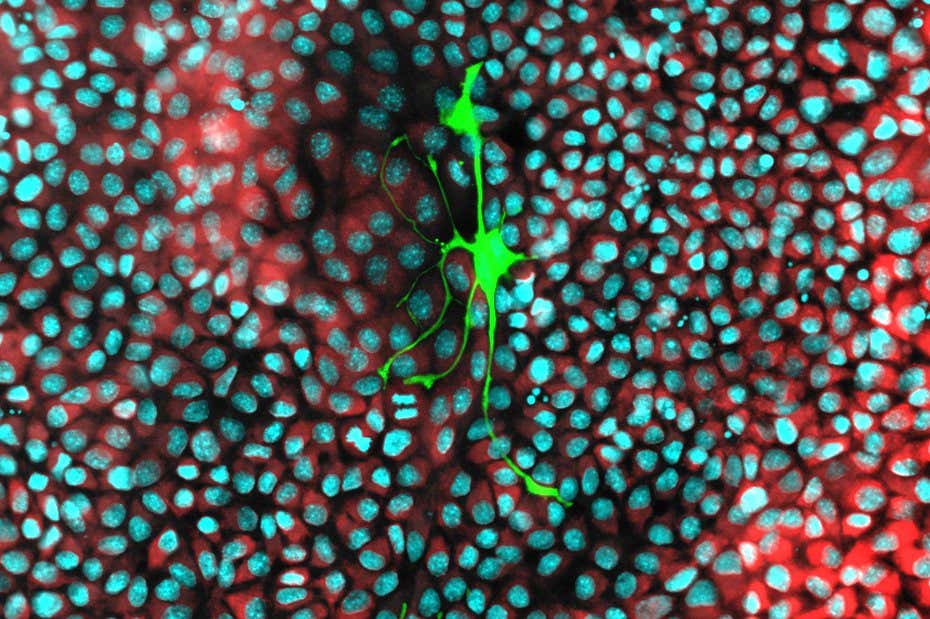
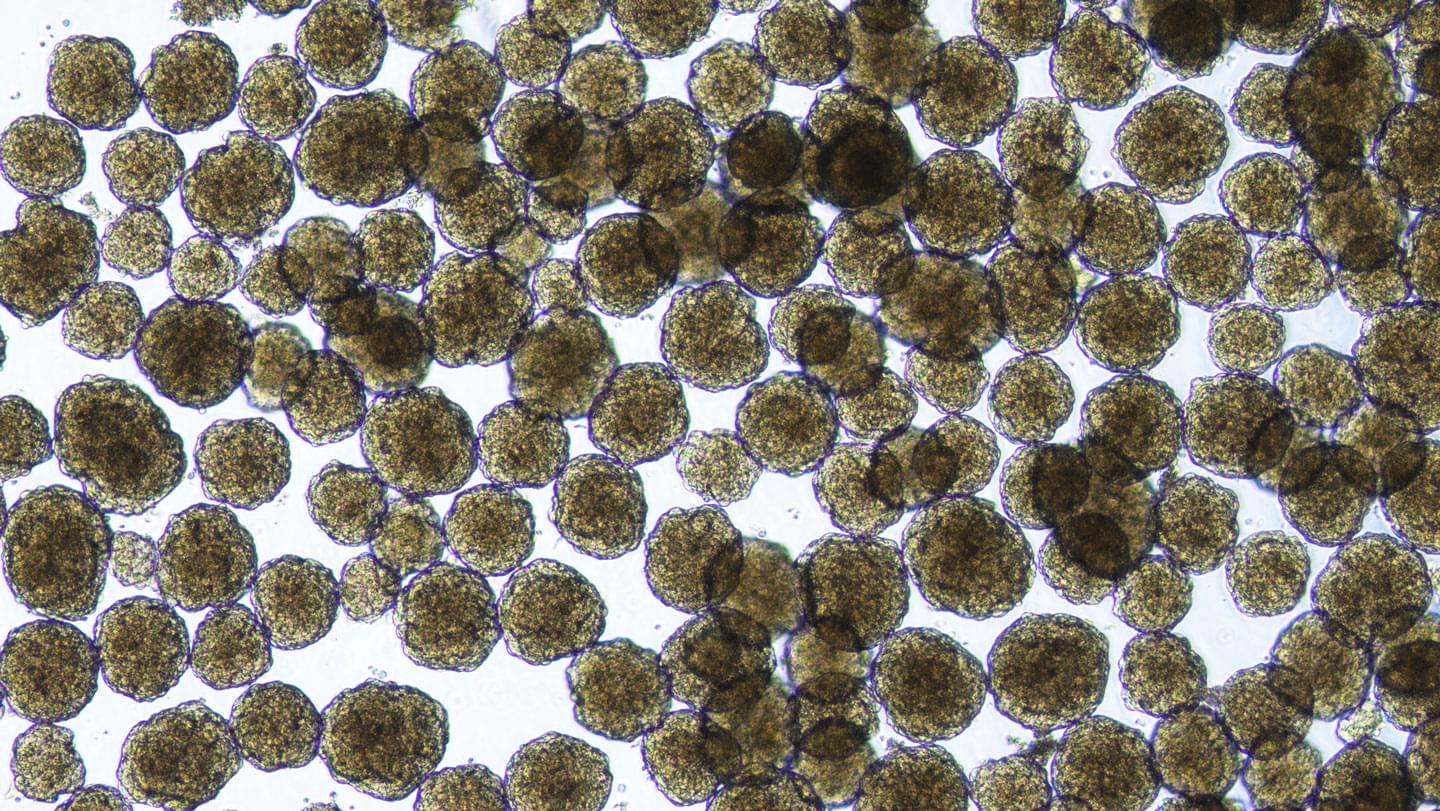
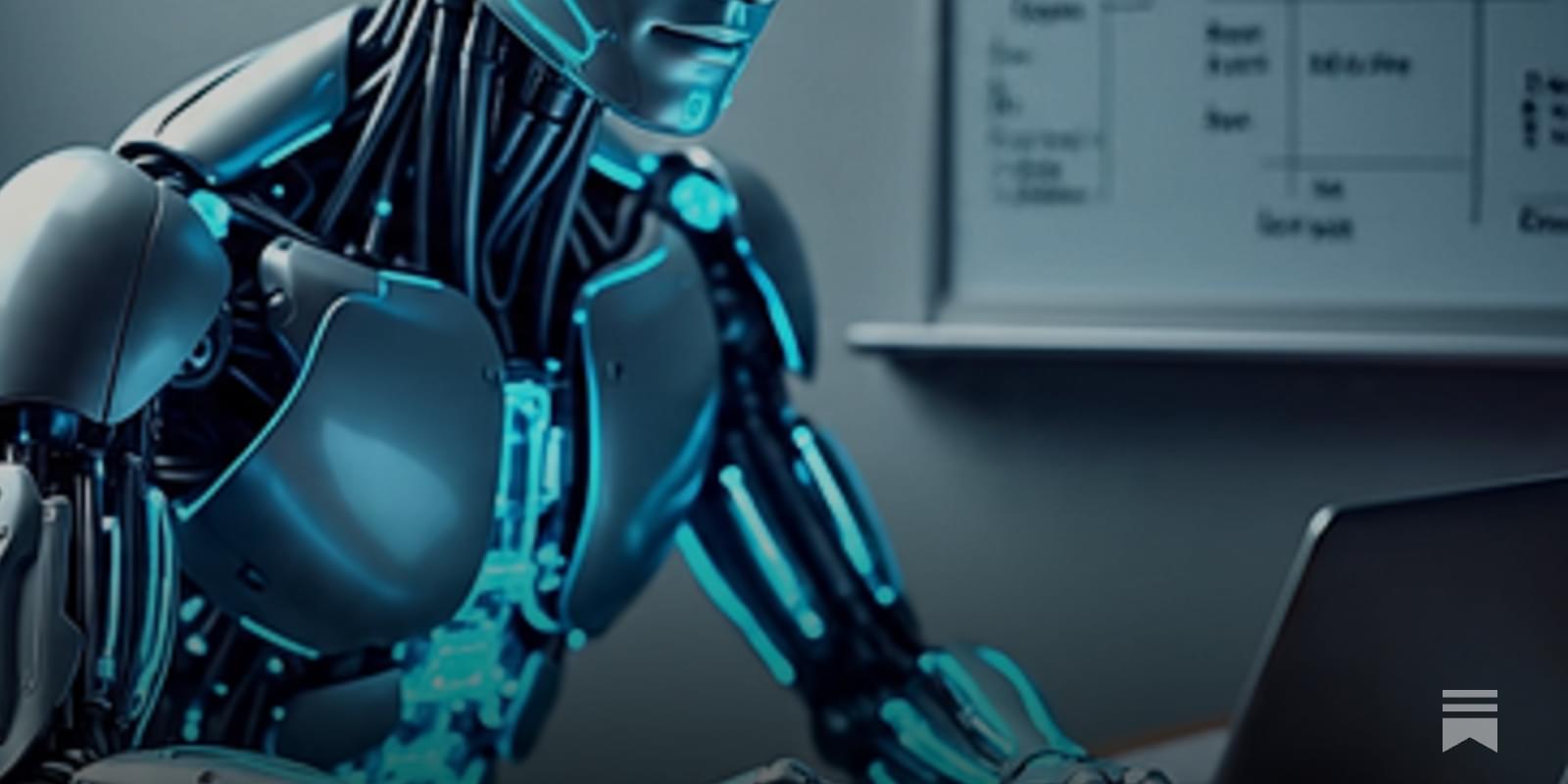
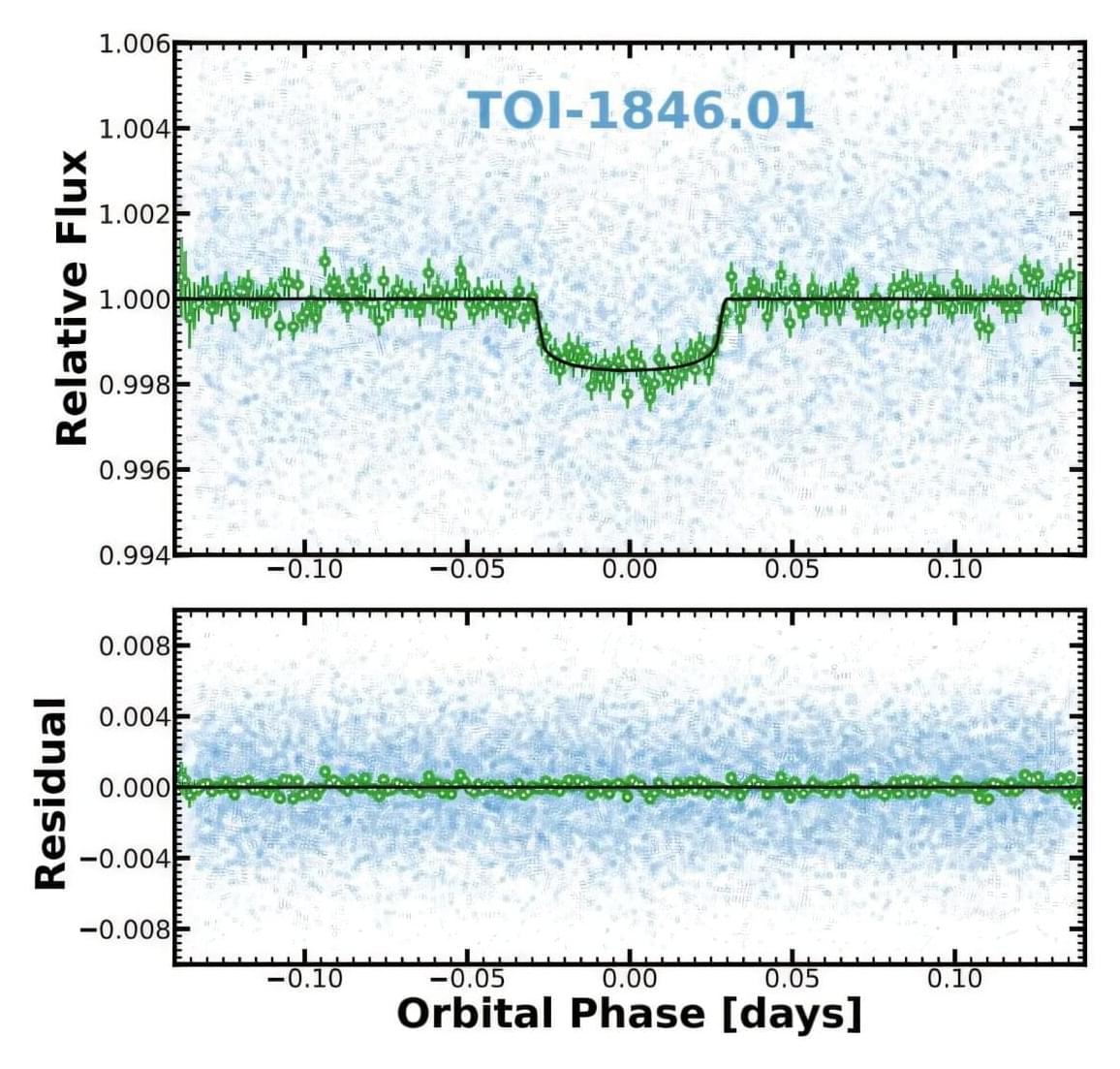
Astronomers discover a super-Earth exoplanet orbiting a nearby star
Using NASA’s Transiting Exoplanet Survey Satellite (TESS), an international team of astronomers has discovered a new super-Earth exoplanet that orbits a nearby M dwarf star. The newfound alien world, designated TOI-1846 b, is about two times larger and four times more massive than Earth. The finding was detailed in a paper published June 23 on the arXiv preprint server.
Lab-grown ‘tiny hearts’ bring hope for children and adults with genetic heart disease
Scientists from QIMR Berghofer’s Cardiac Bioengineering Lab have developed lab-grown, three-dimensional heart tissues known as cardiac organoids that mimic the structure and function of real adult human heart muscle.
To create these tissues, the researchers use special cells called human pluripotent stem cells (which can turn into any cell in the body). However, when these stem cells become heart cells, they usually stay immature and more like the heart tissue found in a developing baby. This immaturity can limit their usefulness to model diseases that present in childhood or as an adult.
In the study, researchers activated two key biological pathways to mimic the effects of exercise in order to mature these cells, making them behave more like genuine adult heart tissue. This breakthrough means scientists can now use these lab-grown heart tissues to test new drugs that could help people with heart conditions. The findings have been published in Nature Cardiovascular Research.
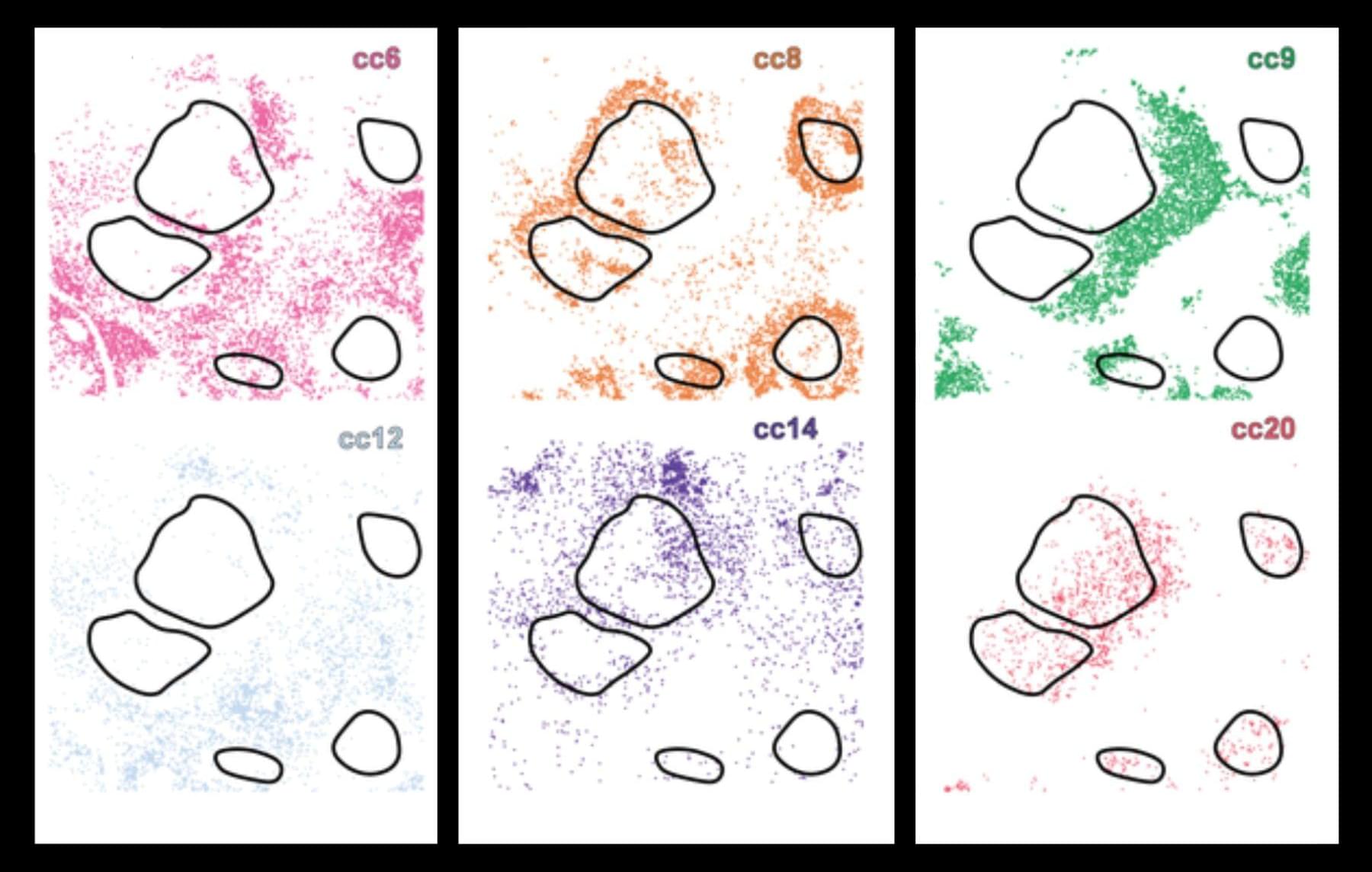
New AI system uncovers hidden cell subtypes, boosts precision medicine
In this view of cHL (classic Hodgkin Lymphoma) tissue, CellLENS identified subtle but distinct CD4 T cell subpopulations infiltrating a tumor, lingering at tumor boundaries, and found at a distance from tumors. CellLENS enables the potential precision therapy strategies against specific immune cell populations in the tissue environment.
Image courtesy of the researchers.

ALMA reveals hidden structures in the first galaxies of the universe
Astronomers have used the Atacama Large Millimeter/submillimeter Array (ALMA) to peer into the early universe and uncover the building blocks of galaxies during their formative years. The CRISTAL survey—short for [CII] Resolved ISM in STar-forming galaxies with ALMA—reveals cold gas, dust, and clumpy star formation in galaxies observed as they appeared just 1 billion years after the Big Bang.
“Thanks to ALMA’s unique sensitivity and resolution, we can resolve the internal structure of these early galaxies in ways never possible before,” said Rodrigo Herrera-Camus, principal investigator of the CRISTAL survey, professor at Universidad de Concepción, and Director of the Millennium Nucleus for Galaxy Formation (MINGAL) in Chile. “CRISTAL is showing us how the first galactic disks formed, how stars emerged in giant clumps, and how gas shaped the galaxies we see today.”
CRISTAL, an ALMA Large Program, observed 39 typical star-forming galaxies selected to represent the main population of galaxies in the early universe. Using [CII] line emission, a specific type of light emitted by ionized carbon atoms in cold interstellar gas, as a tracer of cold gas and dust, and combining it with near-infrared images from the James Webb and Hubble Space Telescopes, researchers created a detailed map of the interstellar medium in each system.
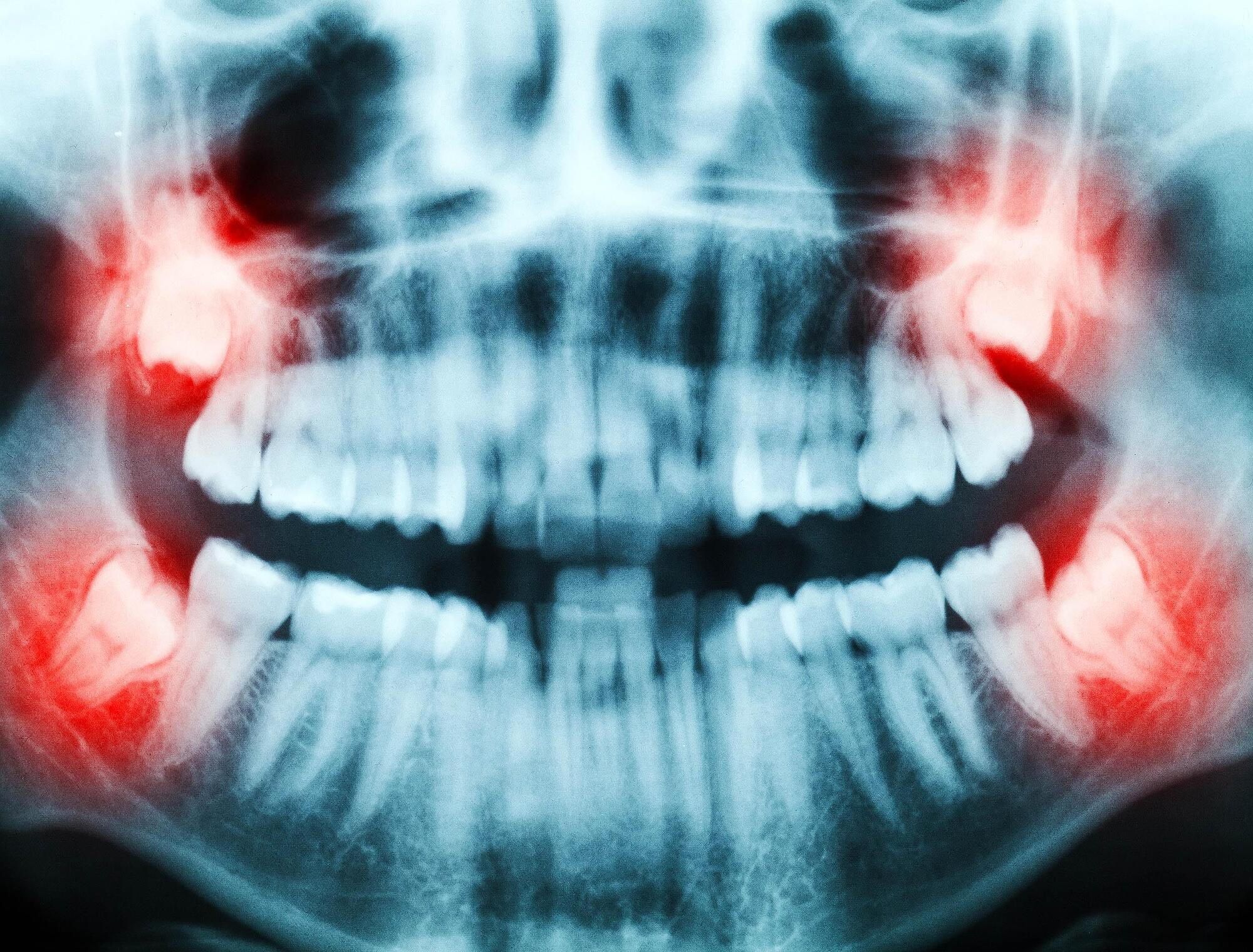
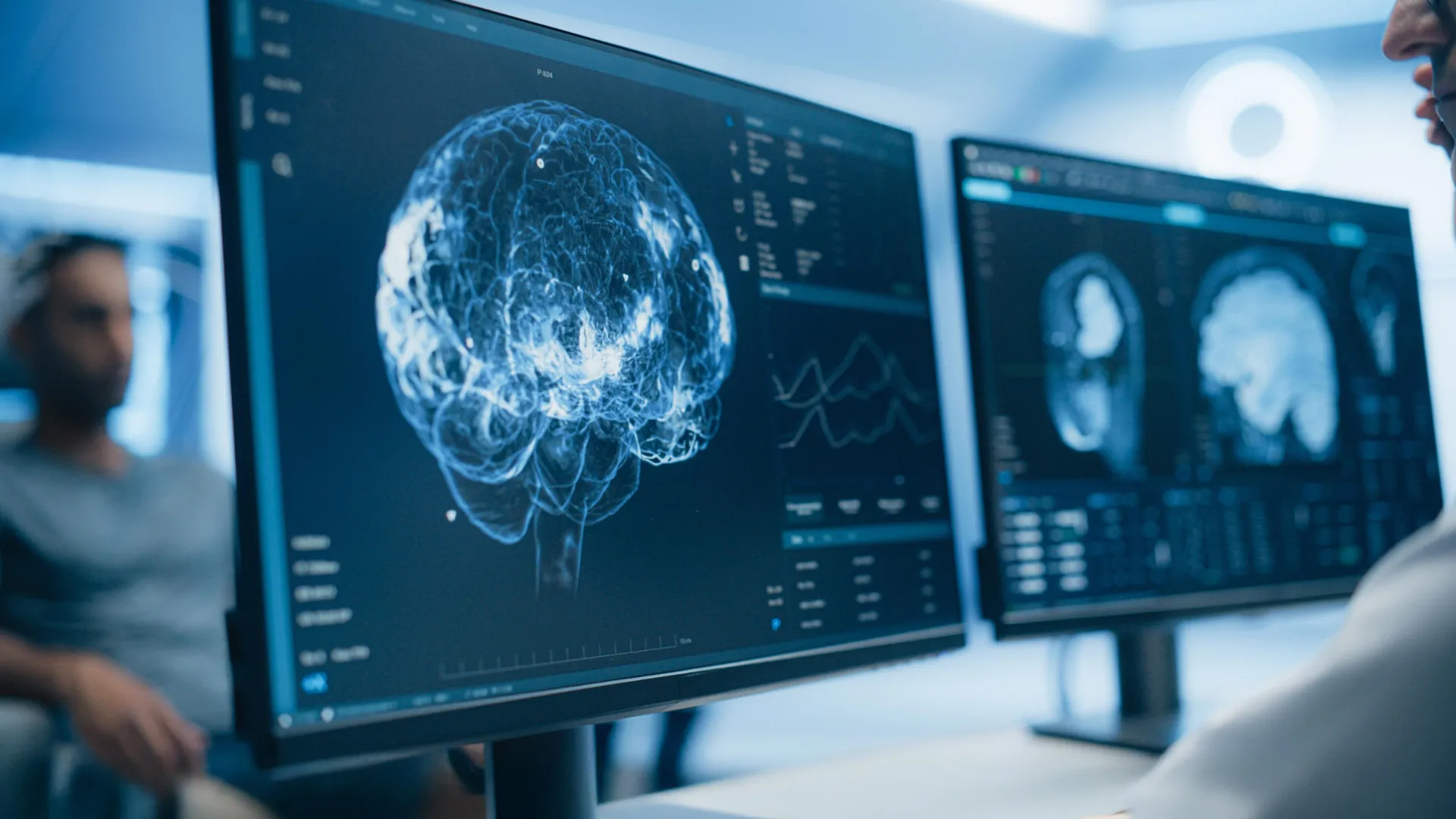
Ultrafast 12-minute MRI maps brain chemistry to spot disease before symptoms
Illinois engineers fused ultrafast imaging with smart algorithms to peek at living brain chemistry, turning routine MRIs into metabolic microscopes. The system distinguishes healthy regions, grades tumors, and forecasts MS flare-ups long before structural MRI can. Precision-medicine neurology just moved closer to reality.